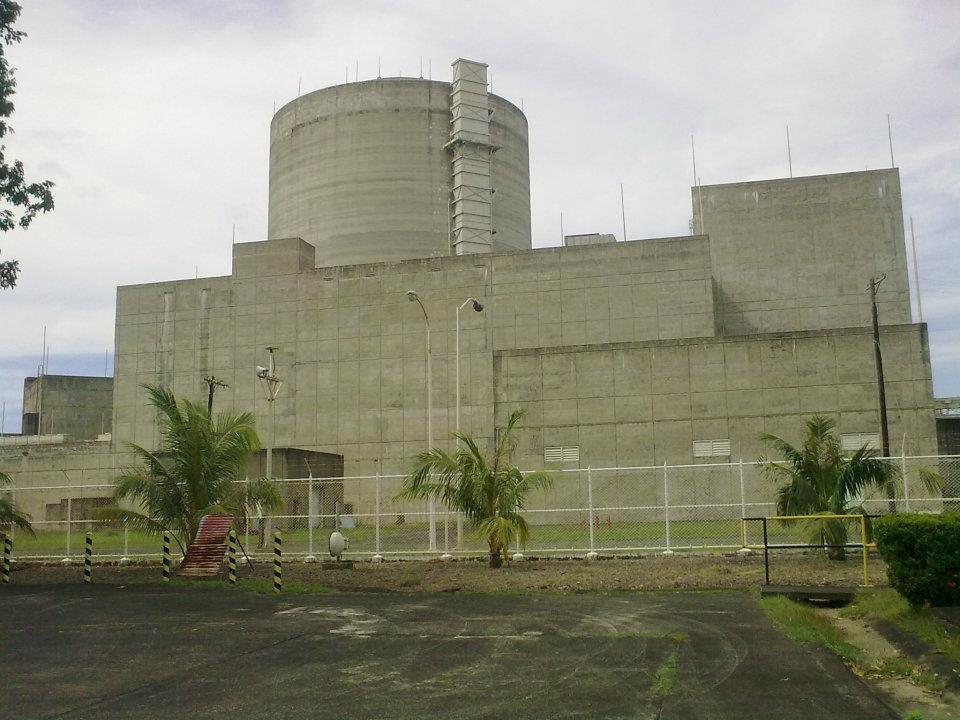Lotilla: Nuclear Plant possible within 10 years
- July 7, 2023
- 0

The Department of Energy (DOE) has highlighted that nuclear energy could be harnessed as a power source, with the possibility of constructing a facility within a 10-year timeframe that encompasses the Marcos administration and its successor.
As reported by CNN Philippines, Energy Secretary Raphael Lotilla stated that the government has initiated studies to identify appropriate sites that meet the requirements of the International Atomic Energy Agency (IAEA) for accommodating a nuclear facility.
The DOE also has sought the assistance of the National Economic and Development Authority (NEDA) in developing a framework that enables private entities to engage in nuclear energy undertakings.
Lotilla highlighted that due to current legal restrictions preventing government involvement in power generation, it is necessary for Congress to establish the foundation for the Philippines’ entry into nuclear energy.
He further elaborated that the decision to proceed and the timing lie in the hands of Congress, expressing hope that it will be within the next decade. Should the plan move forward, preparations are already in place.
President Ferdinand Marcos Jr. earlier engaged in meetings with small modular reactor (SMR) developers earlier this year, reflecting the country’s ongoing quest for alternative electricity generation sources in response to the relatively high costs of power in Asia.
Lotilla also expressed that while modular technology is still in the demonstration stage and not yet ready for commercial deployment, it presents a viable alternative. He further mentioned that supporters of nuclear energy from the United States have emphasized the safety advantages of nuclear facilities compared to conventional models, highlighting their potential to prevent meltdown incidents.
The energy secretary, in the same forum, also voiced criticism towards the National Grid Corporation of the Philippines (NGCP) for failing to fulfill its obligations as mandated by its franchise.
He also noted that despite holding a 50-year franchise as the sole owner responsible for maintaining, operating, and expanding the country’s transmission system, the NGCP has encountered significant delays in major projects.
The power outage in Luzon in May resulted in a chain of regulatory audits conducted on the NGCP. It was discovered that the company had not undergone a performance audit since its inception in 2009, raising concerns about its operational effectiveness and compliance.